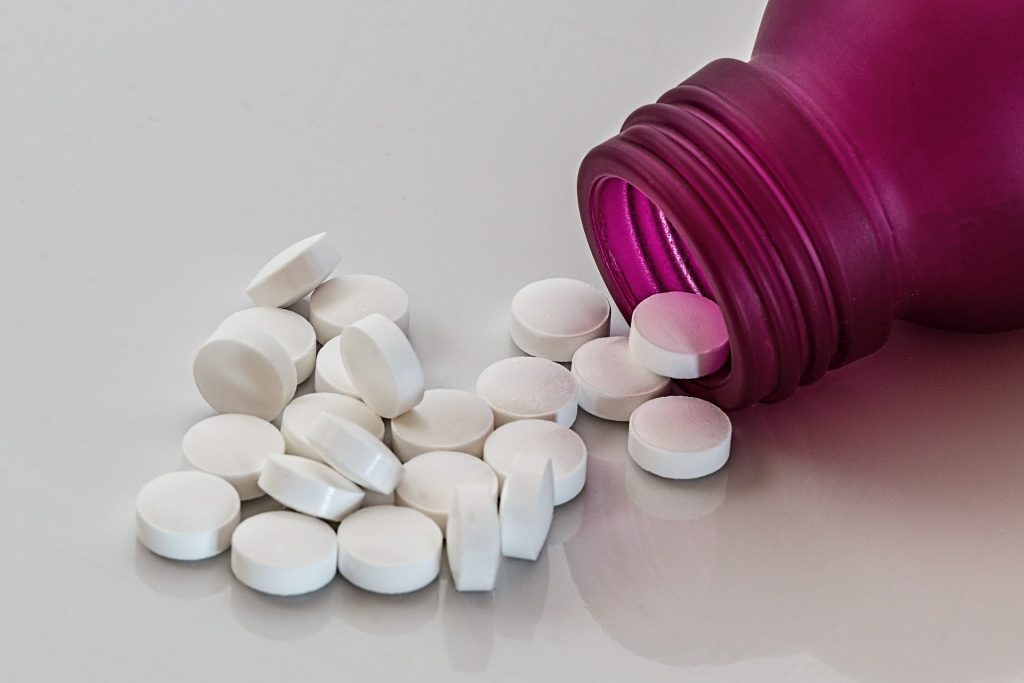
Two Indian states have decided to distribute the controversial anti-parasitic drug ivermectin as a preventative measure, MedPage Today reports.
Goa, on the west coast, and Uttarakhand, a northern state in the Himalayas, will give the anti-parasitic to wide swaths of their population as a preventative measure in hopes of preventing future outbreaks.
Leaders of both states insisted that their recommendations were evidence-based. “An expert medical panel has recommended this,” Om Prakash, chief secretary of Uttarakhand, told Reuters. Vishwajit Rane, health minister of Goa, also said an expert panel from Europe found the drug shortened recovery time and reduced the risk of death, the news agency reported.
Yet no large randomised controlled trial has proven the drug’s efficacy against COVID, and no prominent health group — the NIH and the WHO among them — has recommended the drug in treatment or prophylaxis.
The use of ivermectin for COVID has been the subject of bitter debate in South Africa, and human administration of ivermectin was approved for compassionate use with guidelines released in January. Following a court order, pharmacists and doctors in South Africa are allowed to make up small batches of medicines containing Ivermectin on prescription by a doctor and in small quantities, and can be used.
Madhu Pai, MD, PhD, professor of epidemiology and global health at McGill University in Montreal, tweeted a link to guidelines developed by collaborators in the UK and India, led by Cochrane and Christian Medical College Vellore in the southern state of Tamil Nadu.
On May 15, the group updated their guidance to state that it recommends “against using ivermectin for treatment of patients with any severity of COVID-19. Ivermectin should only be used in the context of a randomized controlled trial.”
Officials in Goa said the state will give ivermectin tablets to anyone aged 18 or over. Through most of the recent COVID surge, the popular tourist destination has remained open to holidaymakers, only imposing a 15-day lockdown last week.
Meanwhile, Uttarakhand plans to distribute the drug even more widely, giving it to anyone over age 2, with the exception of pregnant and lactating women, according. The state has been struggling with high caseloads, which rose from under 300 a day in early April to more than 7000 a day last week, Reuters reported.
The state recently hosted Kumbh Mela, a huge festival which drew millions of people from across the country for a two week long celebration including bathing in the river Ganges. Reports indicated many people did not wear masks and were closely packed. This became a massive superspreader event, with cases all over India being traced to it. Some districts of Madhya Pradesh reported that 20% of cases were festival returnees.
Goa and Uttarakhand’s moves have not gone unnoticed by ivermectin advocates. The Front Line COVID-19 Critical Care Alliance, a long time champion of the drug, paid scant attention to the difference between causation and correlation in a recent tweet on the issue: “Case counts and deaths are falling in India! A close look … shows that the declines occurred as the Health Ministry [sic] began its widespread distribution of #ivermectin.”
Source: MedPage Today

